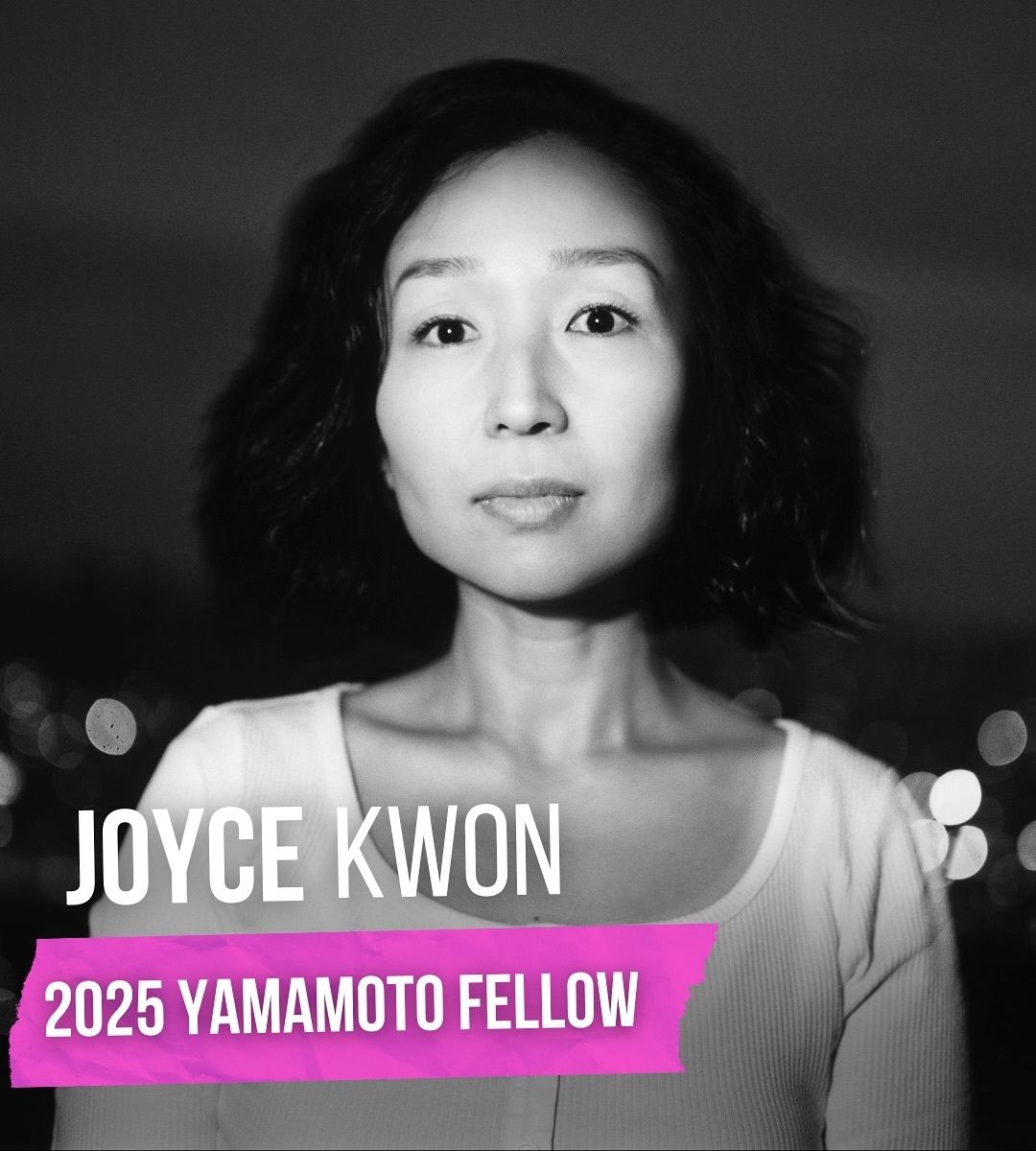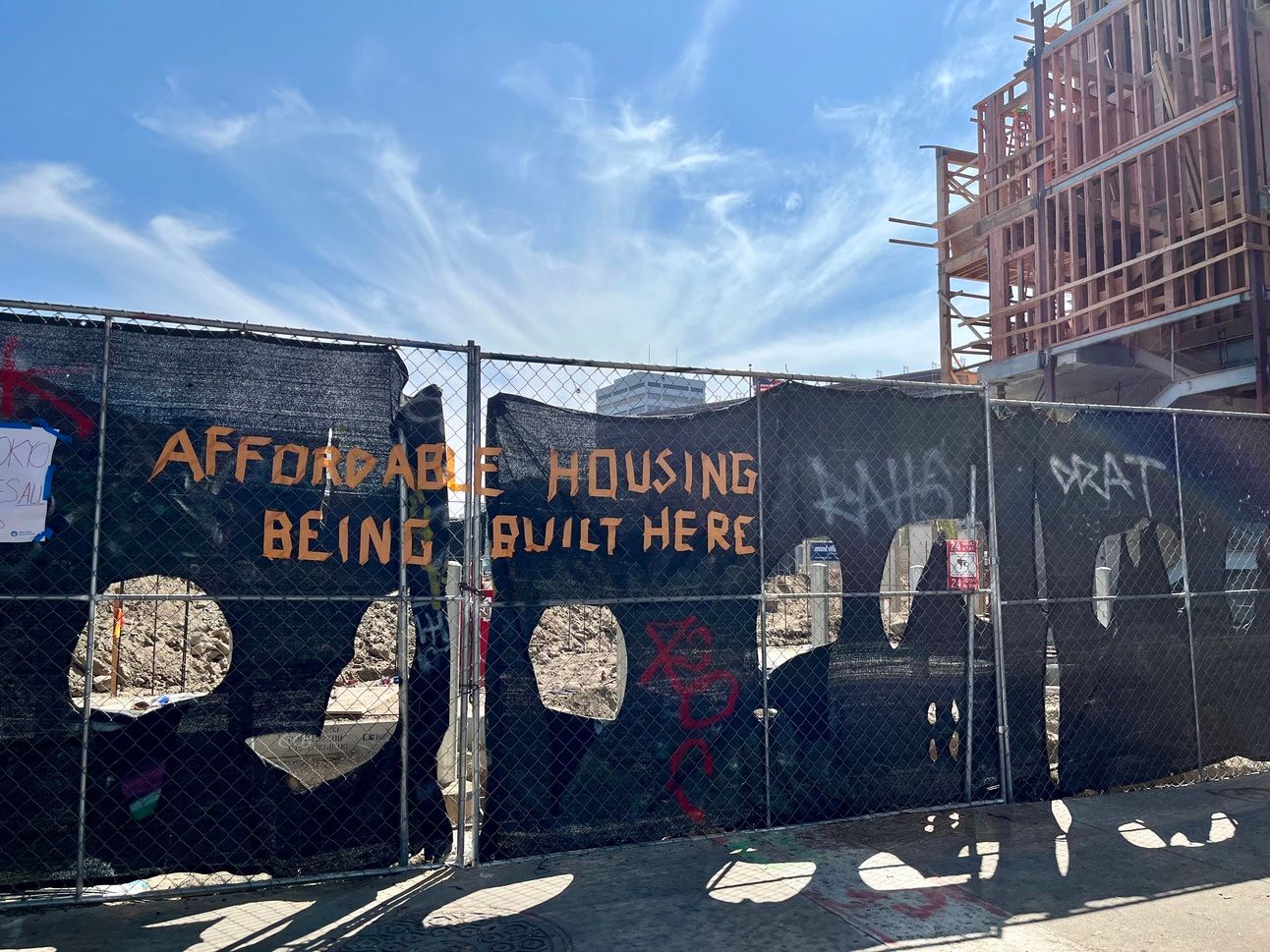- Joyce's Lunar Newsletter
- Posts
- Herd Mentality or the Zeitgeist?
Herd Mentality or the Zeitgeist?
It’s 2025.06.01 on the lunar calendar today.
(Accidentally sent a day late.)
I used to know someone who’d regurgitate takes from mass media as if they were his own ideas. I’d have already read the same popular opinion in the New York Times and watched the same SNL sketches, and our conversations made me wonder about the space for original thought. I found myself thinking back to this when I sensed that I was also crowding out the capacity for independent thinking.
In the name of sync licensing research (but without doing much actual work there), I’ve been watching a lot of TV for months and noticed the constant consumption was flattening the way I think. This is obviously not good for anyone but it is especially harmful to someone whose job is to be creative. My hypothesis is that being immersed in commercial media shrinks your mental realm of possibilities (unless you actively counteract the effects through activities like reading that challenge your assumptions and being still).
More broadly speaking, whatever you spend most of your time doing will shape your brain, just as it shapes your body. For example, I’ve noticed digital marketing professionals who spend much of their waking hours on tracking impressions, traffic, clicks, and conversions seem to have a greatly diminished capacity for complete, coherent thought. The imperative to hit the greatest metric in the shortest time for the lowest cost precludes complex ideas.
I’m halfway resolved to watch less TV but I don’t want to quit. I got into Severance this year—where half the fun is reading fan theories on Reddit—and made a 4-part “Harmony” arrangement of the show’s hymn.
I also enjoy Bob’s Burgers and in a recent episode, Felix Fischoeder quips that he’s sick of the “multiverse crap.” I had to laugh. Maybe I follow the herd more than I recognize with my song imagining alternate timelines and my upcoming science-fiction bossa nova project (detailed below). But when I notice other artists exploring similar themes, I’m happy to feel that we’ve tapped into the zeitgeist to explore in parallel, having arrived at a shared space through our respective, varied life experiences and interests.

I was gobsmacked to learn that I am one of two recipients of the Irene Yamamoto Arts Writers Fellowship at the Democracy Center at the Japanese American National Museum. The fellowship “encourages arts writers of color to write about art from their own cultural and political perspectives to enrich and broaden arts writing as a practice and profession” and this year’s focus is on music criticism. It certainly is encouraging!
And I’m grateful to become more connected to the Little Tokyo community. I also recently started a job in the neighborhood (for which I put up the below orange tape signs in preparation for the protests in Downtown Los Angeles) and I’m starting to recognize local legends and community leaders and getting back to my preferred habit of regularly munching on onigiri/samgak kimbap.

I’ll allocate the fellowship funding to the research/writing phase of the bossa nova project I started dreaming up a couple years ago. Writing about the project helped me uncover why I wanted to make an album of bossas traveling through time. Below is a summary.
If bossa nova can be boiled down to the combination of saudade (a sort of longing) and a simplified samba rhythm meeting American music, what might it sound like if bossa nova emerged in today's soundscape, where pop is no longer dominated by the likes of Frank Sinatra and Ella Fitzgerald but Chappell Roan and Kaytranada? What might it sound like if it emerges in 2362 when much of recorded music will be AI-generated? What if we go back in time, centering the Black creators of jazz and samba, from which the music draws—can we arrive at a reality in which the face of bossa nova looks like them instead of Astrud Gilberto and Stan Getz? Collapsing both time and space (h/t Indigenous cosmologies), what happens if we insert an Asian American folk musician?
In collaboration with songwriter/producer/bassist André de Santanna, I’ll explore the questions through the process of making Bossa Nova 1962/2362 (working title inspired by Pueblo artist Virgil Ortiz’s exhibit ReVOlt 1680/2180), ending up with an album of bossas sourced from the span of hundreds of years. The project springs from CoFuturisms—an offer of a “vision beyond the white supremacist future that permeates our collective Global North visions of the future” (Taryne Jade Taylor, Routledge Handbook of CoFuturisms). After distilling bossa nova's essence through conversations with musicians from the tradition and analysis of representative songs, we’ll harness the form as a vehicle to traverse decades from the genre’s arrival stateside at the 1962 Carnegie Hall concert through the present and centuries beyond. My goal is to demolish linear, limited modes of thinking that serve to propagate the status quo and empower us to expansive discourse that leads to a more just future.
For this month’s new song, here’s a sketch from last night.
🔊 Currently listening to the new podcast “I Feel That Way Too”—episode 3 about no longer wanting a life you worked hard to build prompted me to exhale and episode 1 about being a bad daughter had me in tears. Proud of my sister Eunice, who’s a part of the production team!
Reply